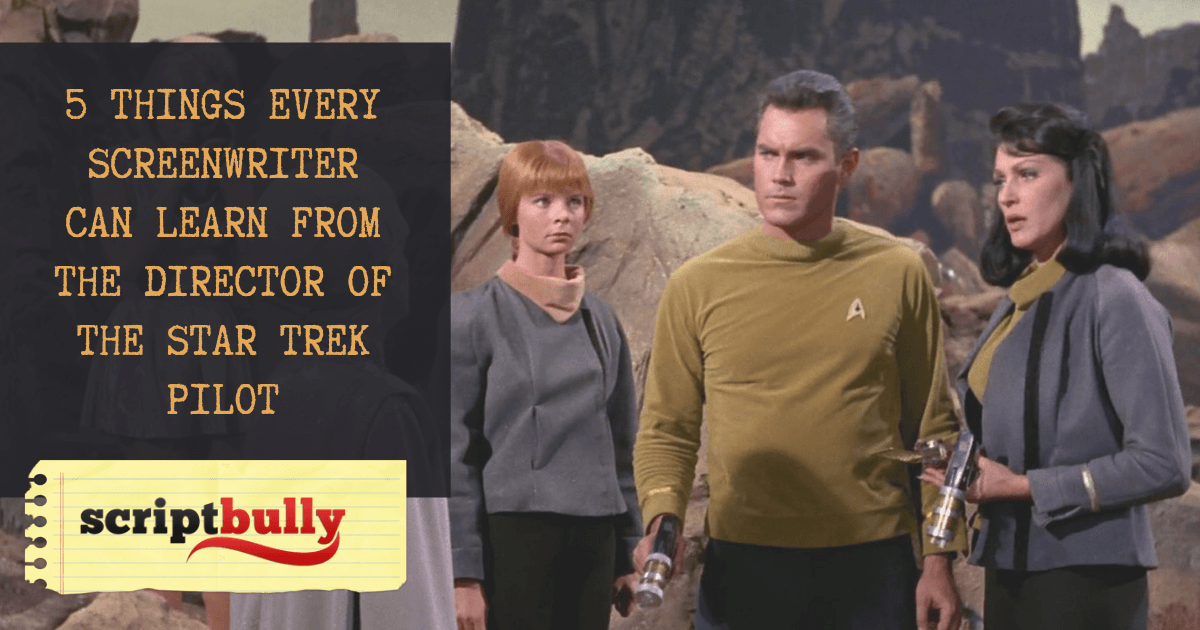Sorry..but you can’t learn the skills of writing a movie script in six days, or six weeks or after a weekend seminar. (Even if the weekend seminar was really, really expensive.)
Writing a movie script takes time and a lot of bad writing before you start producing some writing actually worth reading.
But the good news is that it’s very possible to cut down the amount of time needed to learn how to write movie scripts that human beings actually want to pay money for. And by following the steps outlined here my hope is to drastically reduce your learning curve and get you producing professional and focused writing that gets you the career of your dreams.
How to Write a Movie Tip No.1: Know Your Audience
It’s always a good idea to write what you know. If you’re addicted to crime novels and can’t tell a joke to save your life, it might be a good idea to turn your comedy screenplay into a thriller.
Ask yourself, who are you catering to? What genre are you writing, and do you know anything about the people who watch these films?
It’s a good idea to begin by reading screenplays of successful films in the genre, and identify any common threads. Work them into your own script, but be careful not to compromise your originality.
A pitfall that many writers (and producers) fall into is expecting their audiences to be “dumb”. Regardless of what you think of the general population, and God knows I have my days where I don’t think very much of them at all, everybody has been exposed to movies from a young age–we are smart audience members who can connect the dots and do not need every detail pointed out to us.
The more you leave your audience to figure out, the more engaged they’ll be in watching your film.
How to Write a Movie Tip No.2: Be Original & Take Risks
Are you reworking the same, tired story? The most successful films have been created by writers who wanted to do something different. Go out on a limb and tell your story with originality and pizzazz and..most notably…a sense of you.
Don’t worry about reading all of the screenwriting “guides”–consult them for ideas if you get stuck, but don’t let them bog down the flow of your ideas.
Learn to hear your own imagination. It might be overwhelmed by all of the images and sounds that have been thrown at you by your culture, but the more creative you strive to be, the more it will shine through in your work. (And the more people, especially managers and agents, will recognize it as an original voice.)
How to Write a Movie Tip No.3: Have Something To Say
What is the message you’re trying to get across? Every film, even the really crappy ones that make a gazillion dollars, are about something.
Nobody in this business sets out to make pointless, shallow crap. (Unless you’re Michael Bay.)
It takes too long to actually make a movie, so people need to feel really invested in it.And what attracts all the talent is what you, the screenwriter, are trying to say. (And this is usually something the screenwriter really passionate and/or totally pissed about.)
This isn’t the same as having a moral – a successful film shows the audience a different point of view, but that perspective doesn’t have to be particularly “good” or moral, it just has to be authentic.
If you’re lukewarm about a story idea, then skip it. There are much better movie ideas out there that you’ll enjoy more, and have way more success with.
This doesn’t mean you have to be realistic. Star Wars may be sci-fi opera, but it’s also the story of how a young man stuck in a shitty town (Modesto /Tatooine) deals with his distant daddy issues.
Try to connect your story’s message to something internal to you and you’ll be on the way to creating a really strong script and outpacing the competition who is still obsessing about screenplay format when writing a movie script. (And really strong scripts are something we all want to see.)







